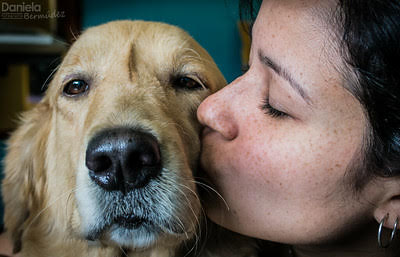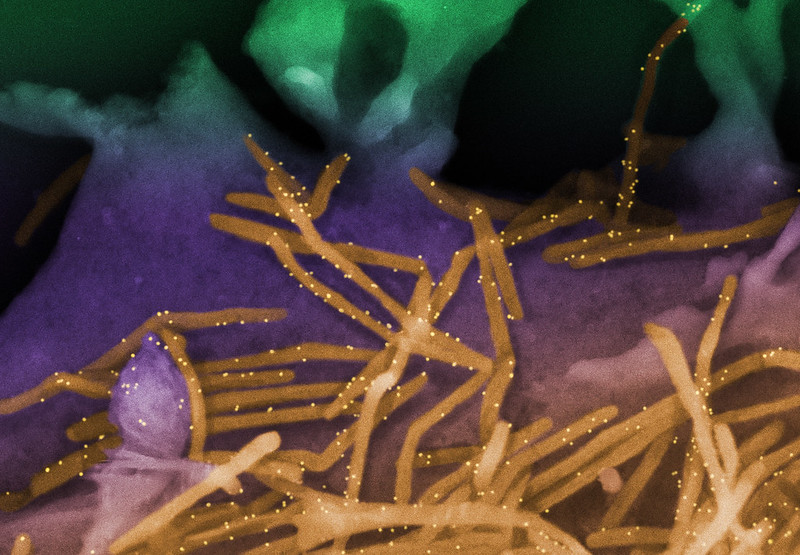
A Chinese study published yesterday in PLOS One finds that more than half of the isolates from pet dogs diarrhea contained multidrug-resistant (MDR) Escherichia coli, which the researchers say may pose a threat to both animal and human health.
Researchers from Sichuan Agricultural University evaluated the presence of antimicrobial resistance (AMR) in 135 E coli isolates from the dogs using the disc-diffusion method. They also screened for antibiotic resistance genes (ARGs), virulence-associated genes (VAGs), and population structure using polymerase chain reaction (PCR) for 74 MDR strains and analyzed the link between AMRs and ARGs or VAGs.
Minimizing MDR E coli spread from pets to people
Of the 135 isolates, 54.8% were identified as MDR E coli, 71.1% were highly resistant to ampicillin, 62.2% were resistant to tetracycline, and 59.3% were resistant to trimethoprim-sulfamethoxazole. Twelve ARGs in six categories and 14 VAGs in four categories were observed in the 74 MDR strains, with fimC (100%) and tetA (96.0%) the most prevalent.
The widespread use of antibiotics has significantly caused the increase of MDR E. coli which were isolated from companion animals.
The analysis of associations between ARGs and AMRs or VAGs in MDR strains showed 23 significant positively associated pairs between ARGs and AMRs, while only 5 associated pairs were seen between ARGs and VAGs (3 positively and 2 negatively associated pairs).
"The widespread use of antibiotics has significantly caused the increase of MDR E. coli which were isolated from companion animals," the study authors wrote. "Measures should be taken to prevent the transmission of MDR E. coli between companion animals and humans, as the fecal shedding of MDR E. coli from pet dogs may pose a threat to humans."
They called for future research with more samples and expanded sampling areas and the use of high-throughput or whole-genome sequencing to provide more comprehensive data on MDR E coli strains from dogs with diarrhea.
















